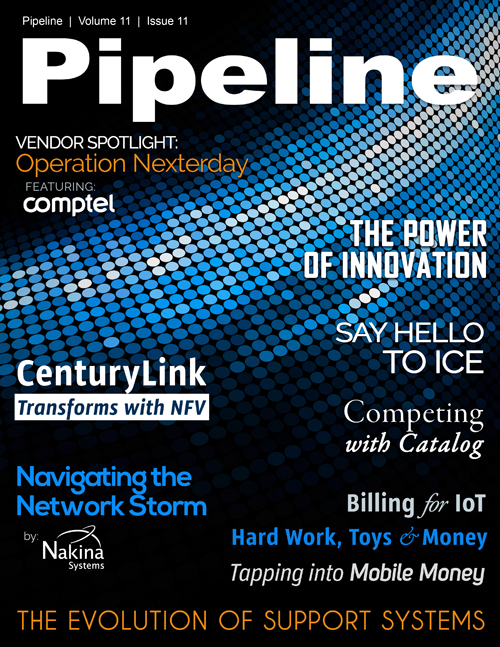Tapping Into Mobile Money with a Next-Gen BSS
“Starting a bank in Serbia has always been more than a mere business opportunity. For Telenor, it has been a means to create a lasting positive impact on the way people do banking in the region. This is why we have created a unique mobile banking experience that customers can easily adopt,” said Kjell-Morten Johnsen, Executive Vice-President, Head of European operations.
“We are focused on providing easy-to-use financial services and shifting from traditional banking to innovative customer-oriented mobile solutions,” said Martin Navratil, Chairman of the Executive Committee and Managing Director at Telenor Banka.
At Telenor Banka, all Serbian citizens can open a multi-currency account that includes a contactless MasterCard debit card, enabling them to exchange currency at favorable rates, send money abroad, or make all kinds of payments. The bank also offers flexible, anytime withdrawable deposits in Dinars at an interest rate of seven per cent annually, with monthly accruals of the calculated interest.
Non-traditional digital and communications service providers are getting into mobile money as well. Facebook has introduced a person-to-person (P2P) mobile money transfer feature to its Messenger service. It will compete against rivals from companies like PayPal (Venmo), WeChat, Snapchat, Kakao Talk, and Line. These companies already rolled m-payments into their OTT messaging apps. However, Facebook has two things that could be game winners: massive scale, and a large base of business customers.
Eden Zoller, Principal Analyst, Consumer, Ovum, commented on the possibility for growth for Facebook payments. “In November 2014, 500 million people were using Facebook Messenger, and Ovum expects the app to reach more than 890 million users by the end of 2015. If the m-payments feature proves popular it will increase consumers’ use of and loyalty to Facebook Messenger, which is important, given the intense competition in the social messaging space. If this approach is successful, Facebook may add m-payment functions to WhatsApp."
Partnering with banks is a win-win
One of the reasons mobile payments haven’t caught on in the developed world is because current financial services are either too complex, time consuming or expensive for small, daily transactions. According to Ericsson, mobile commerce enables banks and operators to mobilize this “long tail” of small transactions by making payments simpler, more affordable and easily accessible for the whole value chain. When banks and operators come together, they can turn these small revenue streams into big business by using mobility as a means to offer every consumer the benefits of being a banking customer: convenience, security, inclusion and empowerment.
Like telecommunications itself, the mobile money opportunity depends on overcoming one of the greatest hurdles for adoption today: ensuring interoperability. It doesn’t matter how many mobile or financial services a consumer can choose from if these services are unable to talk to each other.
Ericsson has been very active in promoting its mobile money offering. The company wants to bridge the gap, making it simple for banks, operators, merchants and governments collaborate to create an environment where m-commerce thrives.
“Combining bank licenses, expertise and services with operator reach, relationships, agent networks and customer insights is the key to unlocking the global mobile money market to everybody’s benefit,” argues Ericsson. “We can facilitate this collaboration by harmonizing systems and technologies, orchestrating joint value propositions and expanding the ecosystem to include relevant third parties.”
Other competitive offerings on the market are available from vendors like Amdocs, the company that launched the world’s first digital wallet on 2004, and Gemalto, whose mobile money and mobile wallet technology is widely used in Africa.



















